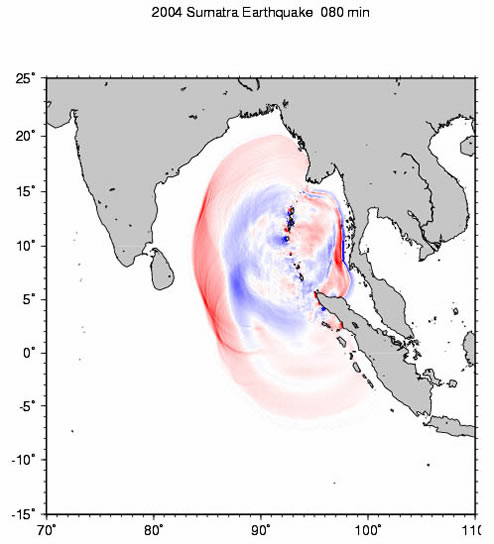 The United Nations should call on the people of Sri Lanka to demonstrate that goodness does prevail in the world with a day of peace on 26 December 2006.
The United Nations should call on the people of Sri Lanka to demonstrate that goodness does prevail in the world with a day of peace on 26 December 2006. SANGAM.ORG
Ilankai Tamil Sangam, USA, Inc.
Association of Tamils of Sri Lanka in the USA
by Jason Thomas
|
I remember my grandfather telling me how in the Second World War on Christmas Day he played cards with the German soldiers on the front line. For one day, there was peace. Surely for one day in Sri Lanka not a bomb could go off, not a bullet could be fired. |
 The United Nations should call on the people of Sri Lanka to demonstrate that goodness does prevail in the world with a day of peace on 26 December 2006.
The United Nations should call on the people of Sri Lanka to demonstrate that goodness does prevail in the world with a day of peace on 26 December 2006.
On Boxing Day 2004, as we all know, a tsunami hit Sri Lanka. It did not discriminate between Sinhalese and Tamil, Hindus and Buddhists, Christians and Muslims. All suffered together, many died together and many survived together. Since then, Sri Lanka has fallen back into the abyss of civil conflict. Peace talks have collapsed and the Cease Fire Agreement (CFA) has been shot to pieces.
With a civil war that has wrecked havoc over the last 25 years on what is an idyllic island of paradise, why couldn’t the international community and the Sri Lankan people - regardless of whether they are Sinhalese or Tamil, Hindu or Buddhist, Christian or Muslim, rich or poor, city or country - call for one day of non-violence on 26 December 2006? I remember my grandfather telling me how in the Second World War on Christmas Day he played cards with the German soldiers on the front line. For one day, there was peace. Surely for one day in Sri Lanka not a bomb could go off, not a bullet could be fired.
The tsunami further complicated an already political, civil and humanitarian emergency. At the time the tsunami hit, there were over 300,000 Sri Lankan people displaced as a result of conflict, according to the United National High Commissioner for the Refugees (UNHCR). Many of these people were living on the coast and so were easy prey for the tsunami. The tsunami, while unprecedented in its single-handed capacity to kill thousands of people, for a moment caused the world to open its eyes and realize just how appalling the situation is in Sri Lanka. Even after personally coordinating the delivery of A$2.5 million worth of medical equipment, I feel like we have barely made an impact, not just because of the tsunami but also because of the war.
I remember saying to one of the surgeons I traveled with on my first trip, immediately after the tsunami hit, “you know you are not going to be able to operate solely on tsunami victims.” There were an equal number of people injured prior to the tsunami from having been shot or being hit by shrapnel. Not to mention all the people who could not be operated on properly because of a severe shortage of basic medical equipment.
For a moment, it seemed that the silver lining under the dark waves of the tsunami might have been an overwhelming desire to forget the conflict and that the enemy was each other. There was a hope that the tsunami was the catalyst for mutual peace-building. When I visited a refugee camp in the East Coast town of Batticaloa, there were over ninety Tamil families living with around twenty Sinhalese families. I asked one of the women whether there had been any strife between the two groups. She was a mother of three children who had lost her husband, but assured me that the ethnic differences were not an issue. This is now but an illusion. However, for me it provided a brief glimmer of hope. If only the leaders of both sides of the conflict could have witnessed their people surviving together.
All it could take for a new beginning is one day of peace. Sri Lanka, make that day the second anniversary of the tsunami on 26 December 2006.
Jason Thomas coordinated the delivery of $2.5million of medical equipment to Sri Lanka following the 2004 Boxing Day Tsunami and has made several visits to the war torn regions of the Eastern Province. He lives in Melbourne, Australia
© 1996-2026 Ilankai Tamil Sangam, USA, Inc.